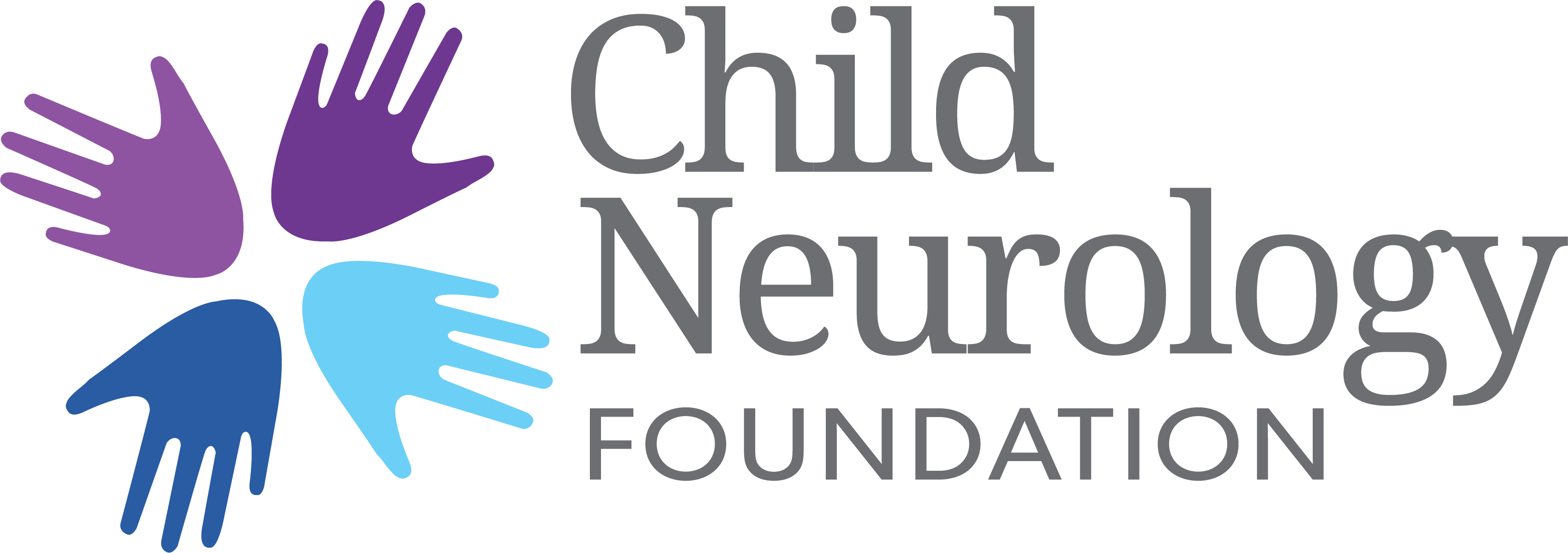The overall goal of Project FIND-OUT is to facilitate early and accurate genetic diagnosis of rare genetic neurodevelopmental disorders in infants between the ages of 3-12 months.

You typically meet with a genetic counselor in your genetic counseling appointment to discuss your medical history and they can help determine if a genetic test is right for you. A genetic test is a medical test requiring a saliva (spit) or cheek swab sample. You can meet with your genetic counselor after a genetic test to review the results.
Genetic counseling can help you and your family understand if a genetic abnormality may be causing you or your child’s symptoms. Not all genetic conditions are passed on from parent to child. Whether you have a family history or not, genetic counseling can help. Identifying the underlying cause of you or your your childsymptoms has many benefits that may include improving treatment plans.
Working with a genetic counselor can ensure that you or your your child get the testing needed. Genetic counselors can:

Genetic testing is a medical test requiring a saliva or cheek swab sample. Genetic tests help identify mutations in an individual’s DNA that change or delete some genetic material. Genetic mutations change how DNA creates protein. This can result in a protein that is not able to do its job properly.

Getting a diagnosis may give you relief and help you understand symptoms.

Researchers are working hard to develop new treatments for rare diseases.A specific diagnosis may be required

Some medications require a specific diagnosis before a provider will prescribe them to treat your or your loved one’s symptoms.

Some medications used to treat seizures or other symptoms can make symptoms worse. Understanding your.
Genetic testing is an ever-changing field with new discoveries made every day. Even if you’ve already done genetic testing, there may be other tests available that provide you with more answers and information.
Looks for abnormalities in chromosome numbers (for example in Down Syndrome). Also called karyotype.
Chromosomal microarray (CMA) identifies missing or extra pieces of genetic material, also known as copy number variants (CNVs).
If there is a suspicion of a specific disease, Sanger sequencing or other targeted sequencing technology can be used to analyze one gene known to be associated with that particular condition. Many conditions have overlapping symptoms and it can be difficult to know which single gene to analyze.
Gene panels utilize next-generation sequencing (NGS) technology to analyze multiple genes known to be associated with a particular condition (e.g., epilepsy, intellectual disability). Different labs put different genes on their panels and the number of genes on the panel can vary widely from 10 to >500.
Whole Exome Sequencing (WES) utilizing NGS to sequence the majority of the exons in an individual’s DNA.
Whole Genome Sequencing (WGS) utilizes NGS to sequence the exons, introns, and intergenic regions in an individual’s DNA.
The Project FIND-OUT core collaborator group includes the following organizations:






Stay up to date with the latest news
Copyright 2023. All Rights are Reserved. Project FIND-OUT